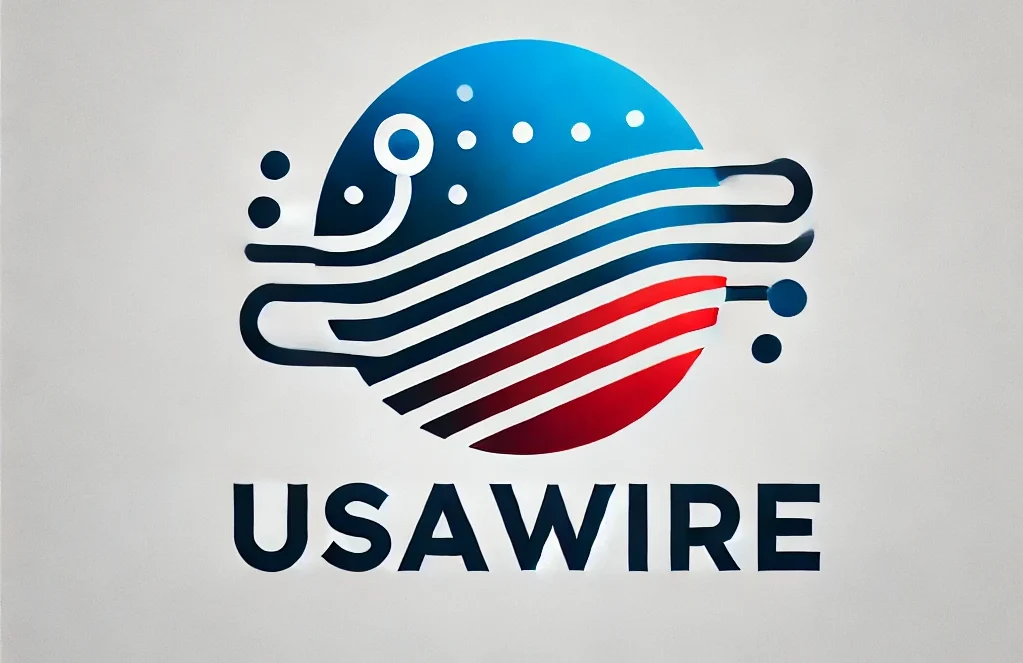
White Oak Global Advisors, a prominent private credit and alternative investment management firm, has built a strong reputation for providing financing solutions to middle-market companies. However, like many companies navigating the complex world of finance, it has occasionally found itself entangled in legal disputes. In this article, we will explore the context, allegations, and potential implications of a recent lawsuit involving White Oak Global Advisors.
Background of White Oak Global Advisors
Founded in 2007, White Oak Global Advisors specializes in direct lending, offering tailored financial solutions to businesses that may not fit the traditional bank lending model. With billions in assets under management, the firm has carved out a niche in the competitive world of private credit, focusing on asset-based lending and high-yield investments.
White Oak’s strategy involves lending to businesses across various industries, including manufacturing, healthcare, technology, and retail. This approach allows the firm to diversify risk while offering customized solutions to its clients. Despite its success, White Oak has occasionally faced challenges, including regulatory scrutiny and lawsuits, as it operates in a highly regulated and competitive industry.
The Lawsuit: Key Details
The recent lawsuit involving White Oak Global Advisors has garnered significant attention in the financial and legal communities. The case reportedly revolves around claims of mismanagement, breach of fiduciary duty, and disputes over lending practices.
Allegations Against White Oak
The allegations include:
1. Mismanagement of Funds: Plaintiffs claim that White Oak failed to appropriately manage the funds entrusted to them, leading to financial losses for investors.
2. Breach of Fiduciary Duty: The lawsuit accuses the firm of prioritizing its interests over those of its clients, which could be a violation of fiduciary responsibilities.
3. Unfair Lending Practices: There are also claims that White Oak engaged in lending practices that were not transparent or in line with industry standards, potentially disadvantaging borrowers.
White Oak’s Response
In response to the lawsuit, White Oak has denied the allegations, stating that they are without merit. The firm argues that its operations comply with regulatory standards and that its lending practices are transparent and fair.
A spokesperson for the firm emphasized its commitment to maintaining the highest ethical standards, adding that the lawsuit appears to be an attempt to undermine White Oak’s reputation.
Broader Implications for the Private Credit Industry

The lawsuit against White Oak Global Advisors raises broader questions about the private credit industry, an increasingly significant player in global financial markets. The private credit sector has grown rapidly in recent years, offering an alternative to traditional bank lending. However, this growth has also led to increased scrutiny from regulators and investors.
Key Issues Highlighted by the Case
1. Transparency: The case underscores the need for greater transparency in private credit transactions. Investors and borrowers alike must have confidence in the fairness and clarity of lending agreements.
2. Regulatory Oversight: As the private credit industry grows, regulators may increase their focus on ensuring compliance with financial laws and ethical standards. This could lead to more stringent rules and oversight for firms like White Oak.
3. Reputation Management: For firms operating in this space, maintaining trust is critical. Lawsuits and allegations of misconduct can significantly impact a firm’s reputation and ability to attract clients.
The Legal Landscape
Legal disputes are not uncommon in the financial services industry, particularly in areas like private credit, where transactions can be complex and high-stakes. In many cases, these disputes are resolved through settlements, arbitration, or court rulings.
In this lawsuit, the outcome will depend on the evidence presented by both sides. If the plaintiffs succeed in proving their claims, White Oak could face significant financial penalties and reputational damage. Conversely, if the firm successfully defends itself, it could emerge stronger, using the case as an opportunity to reinforce its commitment to ethical practices.
Lessons for Investors and Borrowers
For investors and borrowers involved in private credit, this case offers several important lessons:
1. Due Diligence: Whether investing in a fund or borrowing from a private lender, thorough due diligence is essential. Understanding a firm’s track record, lending practices, and reputation can help mitigate risks.
2. Clear Agreements: Borrowers should ensure that lending agreements are clear and transparent, with no hidden terms or conditions. Legal counsel can help review contracts to avoid potential pitfalls.
3. Ongoing Monitoring: Investors should regularly monitor the performance of their investments and stay informed about any legal or regulatory issues affecting their fund managers.
Conclusion
The lawsuit involving White Oak Global Advisors serves as a reminder of the complexities and challenges of operating in the private credit industry. While the firm denies the allegations and seeks to defend its reputation, the case highlights broader issues related to transparency, compliance, and trust in financial markets.
As the legal proceedings unfold, stakeholders in the private credit space will be watching closely, seeking insights into how such disputes can be avoided in the future. Regardless of the outcome, this case underscores the importance of ethical practices and robust governance in maintaining confidence in the financial industry.
For investors, borrowers, and financial firms alike, the key takeaway is clear: in an industry built on trust, maintaining transparency and accountability is not just a legal requirement—it is a business imperative.





